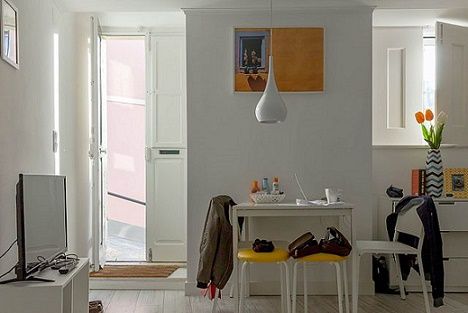The tax minister, Karsten Lauritzen, thinks that owners who rent out their property through Airbnb should have a tax incentive.
The minister will raise the minimum threshold over which tax is payable from the current 24,000 kroner to 36,000 kroner, reports DR Nyheder.
READ ALSO: Airbnb hosts in Denmark offer more beds than local hotels
However, this is not just to give renters more money; the idea is that it will encourage them to pay tax and not rent out their properties under the table.
“At present, it’s not possible to force large international and digital companies like Airbnb to submit information on tax matters to the Danish authorities. We have no legal means of doing so,” said Lauritzen.
The minister thinks that the best way forward is to sweeten the pill with a tax rebate. The rebate will only be available to people who rent their property out through a company that reports the full amount of income to SKAT.
“We’re giving people the right to rent their property out for 90 days per year if they do it through a bureau that declares the income. If they don’t do it this way, they are only allowed to rent out for 30 days per year,” the housing minister, Ole Birk Olesen, told Politiken.
The initiative is part of a larger package designed to create growth and employment opportunities in the sharing economy, regarding which the government presented 22 concrete measures today.















